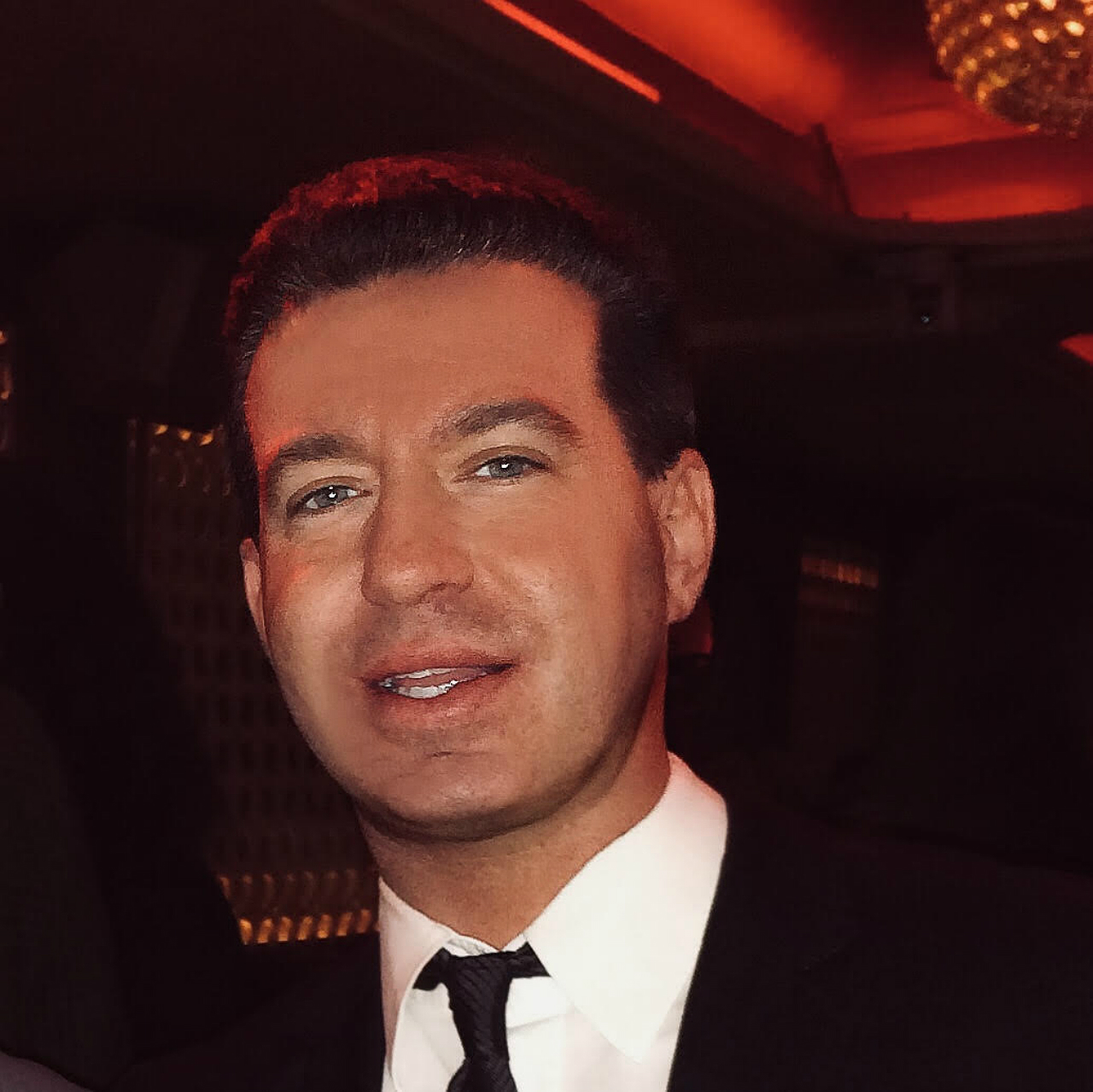The music industry has changed quite a bit over the years—from how artists and producers approach the business, to how people listen to their music—and one person who is spearheading ways to not only support new talent but also protect musical legacies and properties is Jeremy Geffen.
Jeremy grew up in the music industry, hanging out in recording studios with Lionel Richie and the Commodores, Smokey Robinson, who he ironically now represents.
He discovered his love for the business early on and landed one of his first jobs at Lindsay Scott Management where he worked on the Janet Jackson Velvet Rope tour. He went on to form a partnership Wright Entertainment Group, which managed superstars such as Justin Timberlake and Britney Spears.
He then started his own company, Jeremy Geffen Management, which had an impressive roster including Eminem’s group, D-12, Oscar winners Three Six Mafia, Trackboyz (Nelly), Robin Gibb, Smokey Robinson to name a few. Then JGM was purchased by Sanctuary Management which represented A-List talent including Guns n Roses, ZZ Top, Fleetwood Mac, Nelly, Elton John and Beyoncé.
Since leaving Sanctuary, Jeremy created and runs the Geffen Management Group, which handles top talent such as Jacob Latimore, who currently stars in the Showtime series, The Chi, and Smokey Robinson.
While keeping a finger on the pulse of the hottest new talent, Jeremy has an appreciation for classic artists. He is now also President and CEO of Creative Rights Group, which he founded in 2014. Creative Rights Group facilitates the recapture and/or monetization and marketing of songwriters’ and artists’ music assets to ensure their legacies.
In the new age of streaming music and the decline of actual record and CD sales, Jeremy saw a need to further help writers and artists. He says, “I realized how many songwriters and artists were not getting what they deserved and wanted to right this wrong. From a business perspective, I also saw an opportunity and have created a niche and mastered it.”
Jeremy further explains, “Legislation was passed in 1976 that allows songwriters to recapture their U.S copyrights from certain time frames. This is essentially a second bite at the apple for writers and/or heirs to renegotiate or get back and possibly sell their copyrights. In addition, older deals didn’t have proper language to account for streaming or technology. We facilitate the terminations of copyrights and renegotiate deals.”
CRG currently works with Smokey Robinson, Isley Brothers, Alphonso Mizell (Jackson 5), members of the Commodores, Lamont Dozier, Baker Knight estate (Elvis Presley and Ricky Nelson), Willie Mitchell estate (Al Green), Verdine White and Hoagy Carmichael estate, to name a few.
“There are so many talented writers who have not been rewarded equitably for their work; we want to help all of them,” adds the music mogul.
And help they have! In the past two years, Creative Rights Group has sold music assets in excess of $100 million. By 2020, the projected transactions will be in excess of $250 million.
There are still many obstacles, though. Streaming services like Spotify and iTunes are really the only way the younger generation are obtaining their music these days—and they are now used to being able to do so for little cost, or even for free. That’s a big problem for artists’ copyright infringements and for music publishers.
As one of the biggest streaming services, Spotify has seen numerous lawsuits filed against them for improper licensing practices. The most recent was Wixen Music Publishing Inc, who filed a $1.6 billion lawsuit last month, claiming the streaming service allegedly used thousands of songs, including those of Tom Petty, Neil Young and the Doors, without a license and compensation to the music publisher.
Jeremy weighs in on the problem, and offers his thoughts on how the streaming services can continue providing music but also fulfill monetary obligations to the artists. “Spotify and similar streaming services need to increase revenues, in particular for legacy music/artists not currently experiencing the boom in streaming (which skews heavily to rap and hip hop/pop).”
He continues, “That means they must increase the number of subscribers (which has been happening) and/or charging subscribers more—and by having the paid streaming services like Spotify and iTunes supplant the lower margin “streaming” like Pandora and YouTube.”
Despite many past proclamations that the music industry—and the talent in it—will never be what it once was, Jeremy has a lot of faith in the business, the artistry and how it will evolve in the future. “I think the music business has rebounded and is only growing.”













